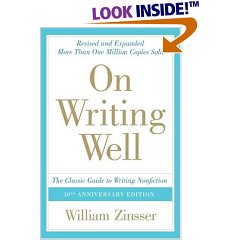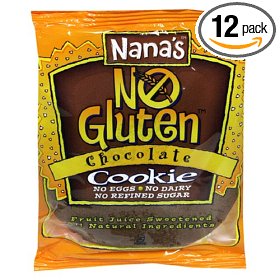Today’s Writing Lesson: Apposition and Contraction
 An award-winning writer is about to share some of his knowledge today. Please contact me to send me the sarcastic but vegan cookie you are willing to make for me because of my unfathomable generosity. As you may gather from previous Blog posts, chocolate is my favorite. So a chocolate vegan cookie—or chocolate chip vegan cookie will do fine. When you discover that you are (like me) currently unable to make a cookie from scratch then send me a 12-pack of Nana’s No Gluten Chocolate Cookies. I’m serious about my Nana’s cookies! Anyway…
An award-winning writer is about to share some of his knowledge today. Please contact me to send me the sarcastic but vegan cookie you are willing to make for me because of my unfathomable generosity. As you may gather from previous Blog posts, chocolate is my favorite. So a chocolate vegan cookie—or chocolate chip vegan cookie will do fine. When you discover that you are (like me) currently unable to make a cookie from scratch then send me a 12-pack of Nana’s No Gluten Chocolate Cookies. I’m serious about my Nana’s cookies! Anyway…
Today’s lesson is about the relationship between apposition and the contraction in the captivity of the English language. Consider the following phrase:
Mike’s car
The apostrophe represents the contraction of an appositive phrase. When we remove this representation we have the following in full:
Mike, his car
 This fullness reveals the appositive phrase “his car.” This particular curiosity of mine about contractions dates back to my High School lessons from my Japanese American, English teacher Mrs. Zumwinkle.
This fullness reveals the appositive phrase “his car.” This particular curiosity of mine about contractions dates back to my High School lessons from my Japanese American, English teacher Mrs. Zumwinkle.
To me, there is a poetic message of anti-materialism when the full appositive phrase is exposed. The phrase, “Mike, his car,” reminds me that Mike is a person with many facets and his car is just one facet. There is an increased physical distance between “Mike” and “car”—which calls attention to Mike. However, in the “real world” (a world where Nana’s No Gluten Chocolate Cookies are so damn hard to find because Whole Foods can’t seem to keep this flavor in stock), people are put off by this full usage because of its formalism. Experience informs me that too many people—especially people younger than 30 (or those that wish they were younger)—mistake my formalism for anger (or sarcastic ridicule). These assumptions betray egotism, too much email, a lack of imagination and time wasted that should be saved for vegan cookie-making lessons.
Where’s my cookie! Arrh!
So now let’s lose our message of materialism with this phrase:
Today’s links
expanding into this phrase:
Today, its links
This exercise alone should eliminate one of the common usage mistakes we have in English: misuse of its and it’s. Only the drowsiest student of English would fail to see the purpose of understanding the relationship between apposition and the contraction.
We can’t forget about the plural possessive form where:
Men’s courage
expands into a ‘double’ apposition of phrases:
Men, each man, his courage
And we men must not forget about the possessions of animals:
Geese’s pond
This expands into:
Geese, each goose, its pond
That one is too formal—even for me! Now let’s go deeper in the bowels of English. Suppose we have this phrase:
Sally’s car
What happens when we expand this one? Is this correct English?
Sally, his car
Is this correct English as long as it’s understood that women do not possess things? Is Sally’r car too weird—even for the self-described politically correct? How about this contraption:
Sally, her/his car
Am I failing English or is English failing me? Am I trying to make “too much” sense out of English? Where is my impulse coming from to think “too much” about language? Where is my shame to prevent me from asking “stupid” questions? Where’s my cookie!
My sincerity asks with eagerness for some great defender of the wisdom in English to explain where I’m going wrong here… I think I just heard the impoverished Dada mantra out there in the distance—I think I just heard someone say, “Whatever!”
End of lesson. Don’t forget to look for our job placement program based on your knowledge of apposition and the contraction. Look hard now!
